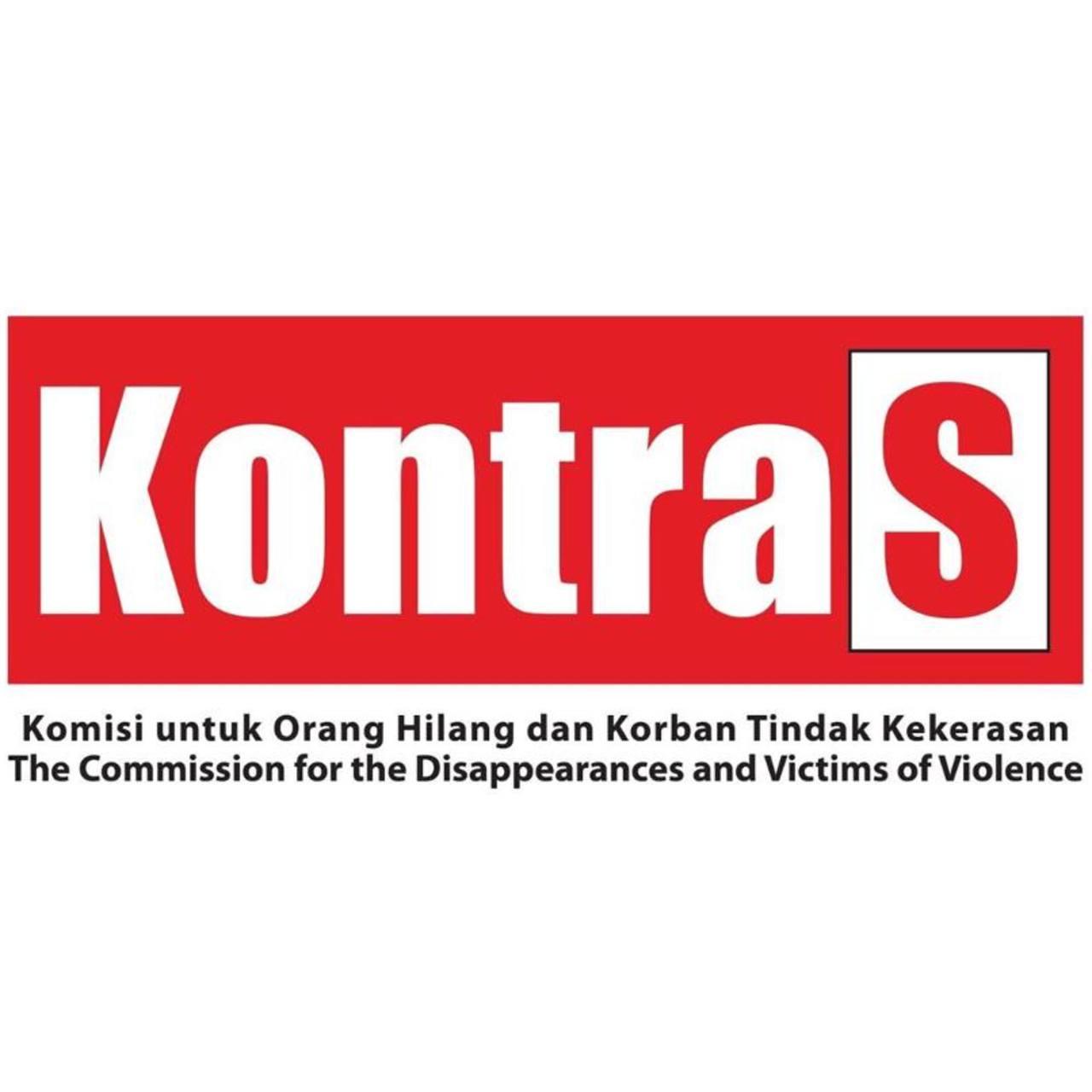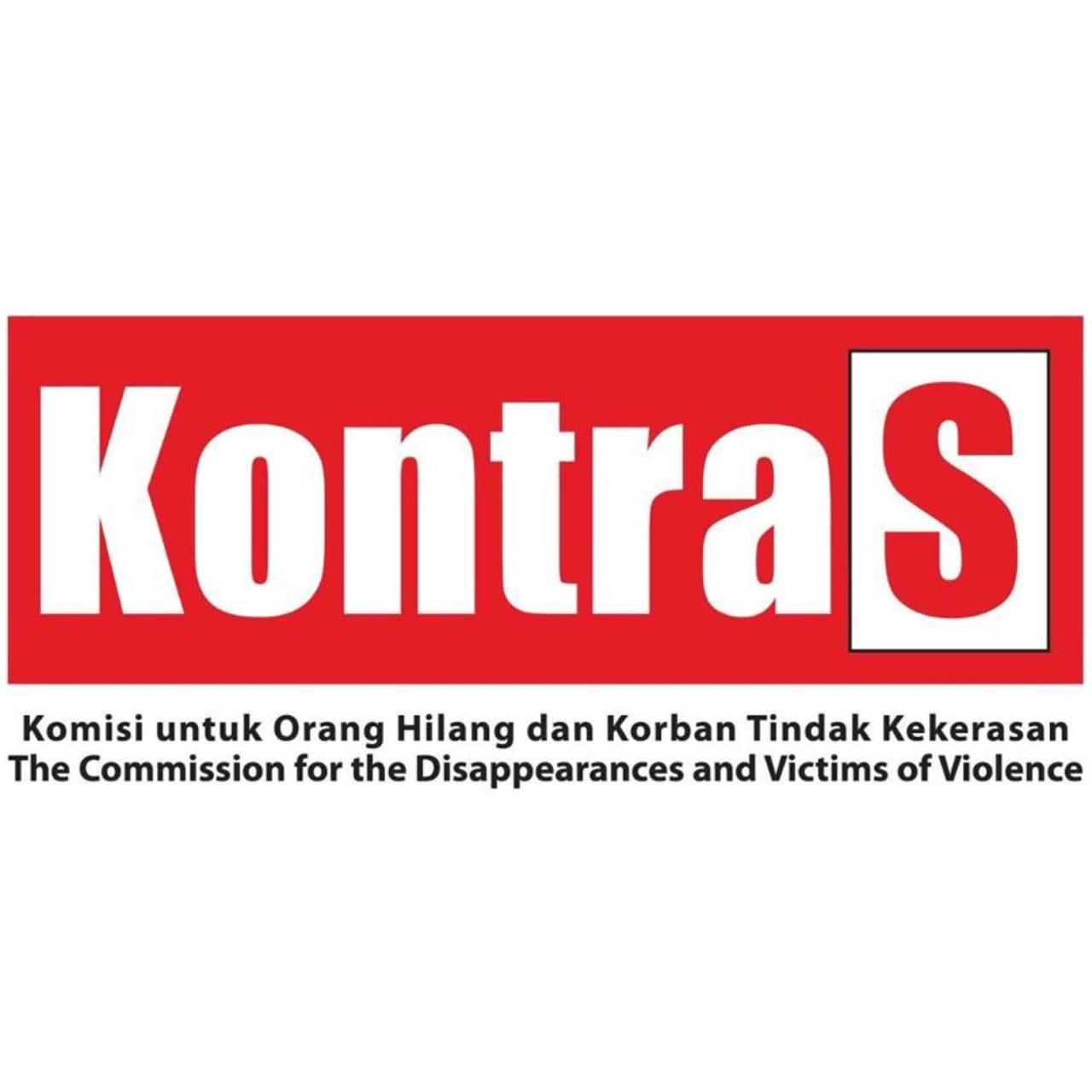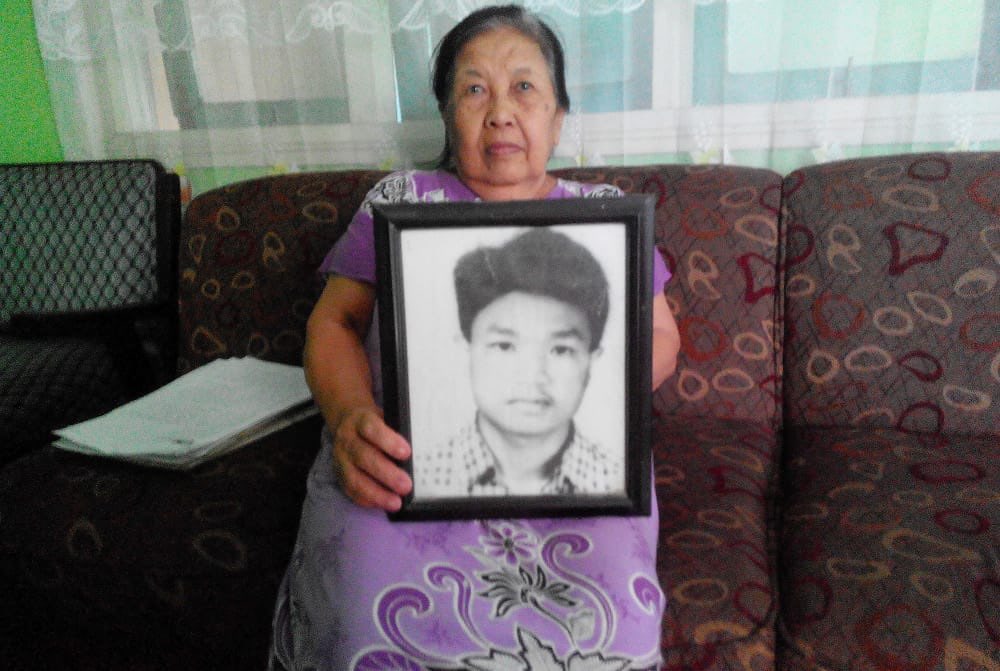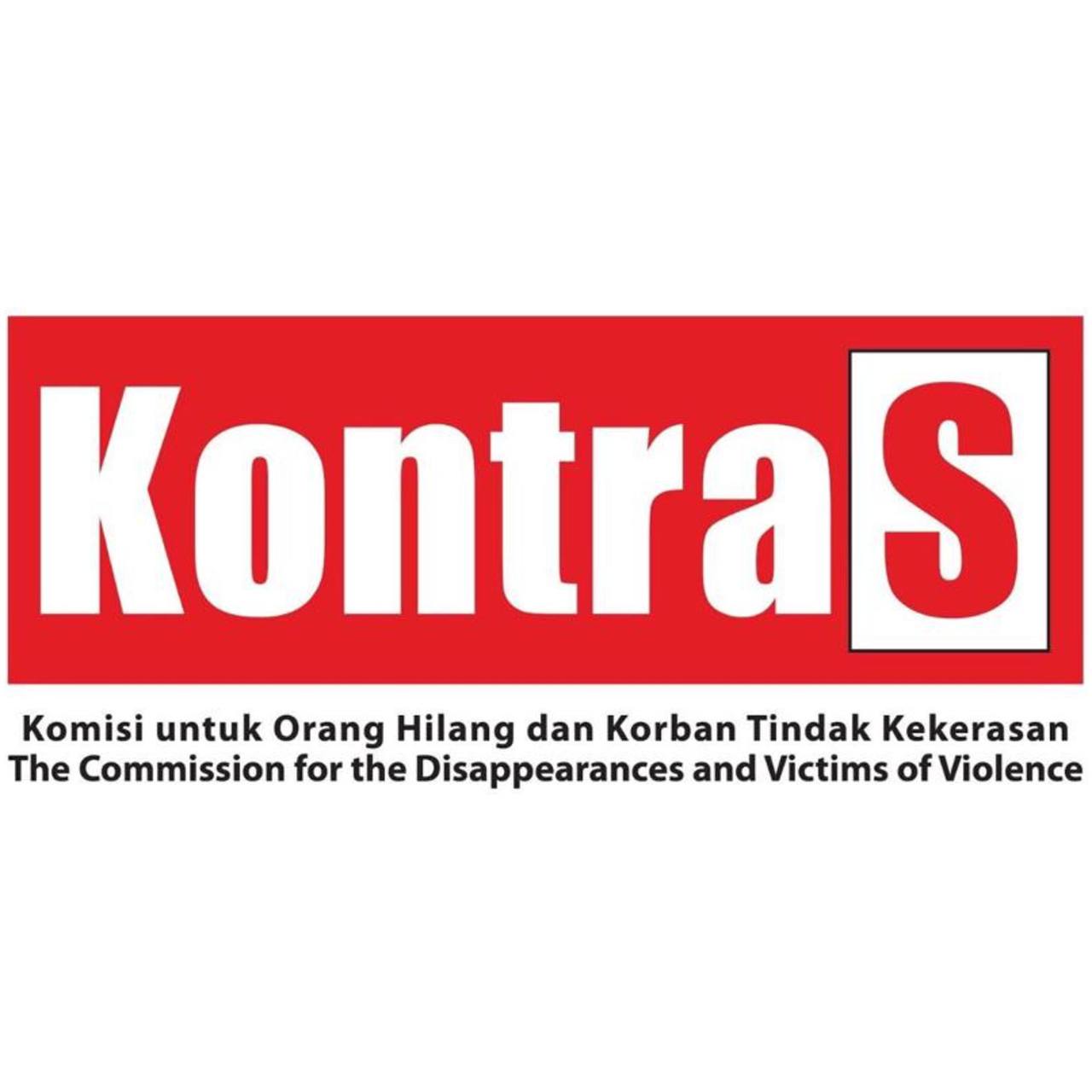We, the undersigned organization, unite in solidarity to commemorate the 19th anniversary of the enforced disappearance of Masood Janjua and Faisal Faraz. In standing with their families and loved ones, we persist in seeking truth, justice, and accountability through remembrance.
The movement against enforced disappearances was ignited by the well-known case of Masood Janjua and his friend Faisal Faraz from Rawalpindi. Masood Ahmed Janjua, a businessman and educator from Rawalpindi, and his friend Faisal Faraz, an engineer from Lahore, “disappeared” on July 30, 2005, while traveling on a bus to Peshawar. Initially, their fate was obscured, but mounting evidence indicated their abduction by the intelligence of the country. Dr. Imran Munir, himself a former detainee who reemerged, testified to having seen Masood Janjua in a secret detention facility.
In October 2006, the case of Masood Janjua and Faisal Faraz was taken as a suo moto case in Pakistan Supreme Court. Despite multiple testimonies confirming the detention of numerous men, the state continues to deny any knowledge of their whereabouts.
On October 16, 2018, a special bench of the Supreme Court transferred the case of Masood Janjua and Faisal Faraz’s, along with other cases of enforced disappearances, to the Commission of Inquiry on Enforced Disappearances (CoIoED). After 2018, their cases were not addressed by the superior judiciary until the end of 2023. Hearings resumed in 2024, with the latest update on Masood’s case occurring on January 3, 2024, in Justice Qazi Faez Isa court. When Justice Esa asked the petitioner, “What are your expectations from the court?” Amina Masood Janjua responded, “I only want to know the truth.” Since that hearing, there has been no further update on the case due to delays in the judicial process.
These delays highlight a systemic failure within Pakistan’s justice system. Justice delayed is justice denied, and in this context, delay becomes tantamount to denial.
For 19 agonizing years, the families of Masood Janjua and Faisal Faraz have endured profound grief and uncertainty. Their steadfast pursuit of answers and accountability is a testament to their remarkable strength and resilience. To remember our loved ones is not only an act of devotion but also a powerful form of political resistance.
The enforced disappearance of Masood Janjua and Faisal Faraz is emblematic of a larger crisis in Pakistan. This case underscores the urgent need for due process, protection, and fair trials for all individuals. During Pakistan’s Universal Periodic Review (UPR) on January 30, 2023, 19 recommendations were issued for Pakistan to sign and ratify the International Convention for the Protection of All Persons from Enforced Disappearance (ICPPED). International organizations can play a crucial role in such cases. External pressure is always impactful, creating a significant influence on Pakistan’s government to address and resolve issues of enforced disappearances.
The official count of disappeared citizens surpasses 10,000, as documented by the CoIoED. These victims encompass all ethnicities, professions, and regions of Pakistan. Ending the culture of impunity pertaining enforced disappearances is paramount to upholding justice, accountability, and human rights. The government must take decisive action to hold the perpetrators accountable, conduct transparent investigations, and provide reparations and support to the families of the disappeared.
We call upon the Pakistani government to demonstrate their commitment by signing, ratifying, and implementing the ICPPED. Any domestic legislation introduced in Parliament must embody the principles of this international convention.
Tags

KontraS
Komisi Untuk Orang Hilang dan Korban Tindak Kekerasan




